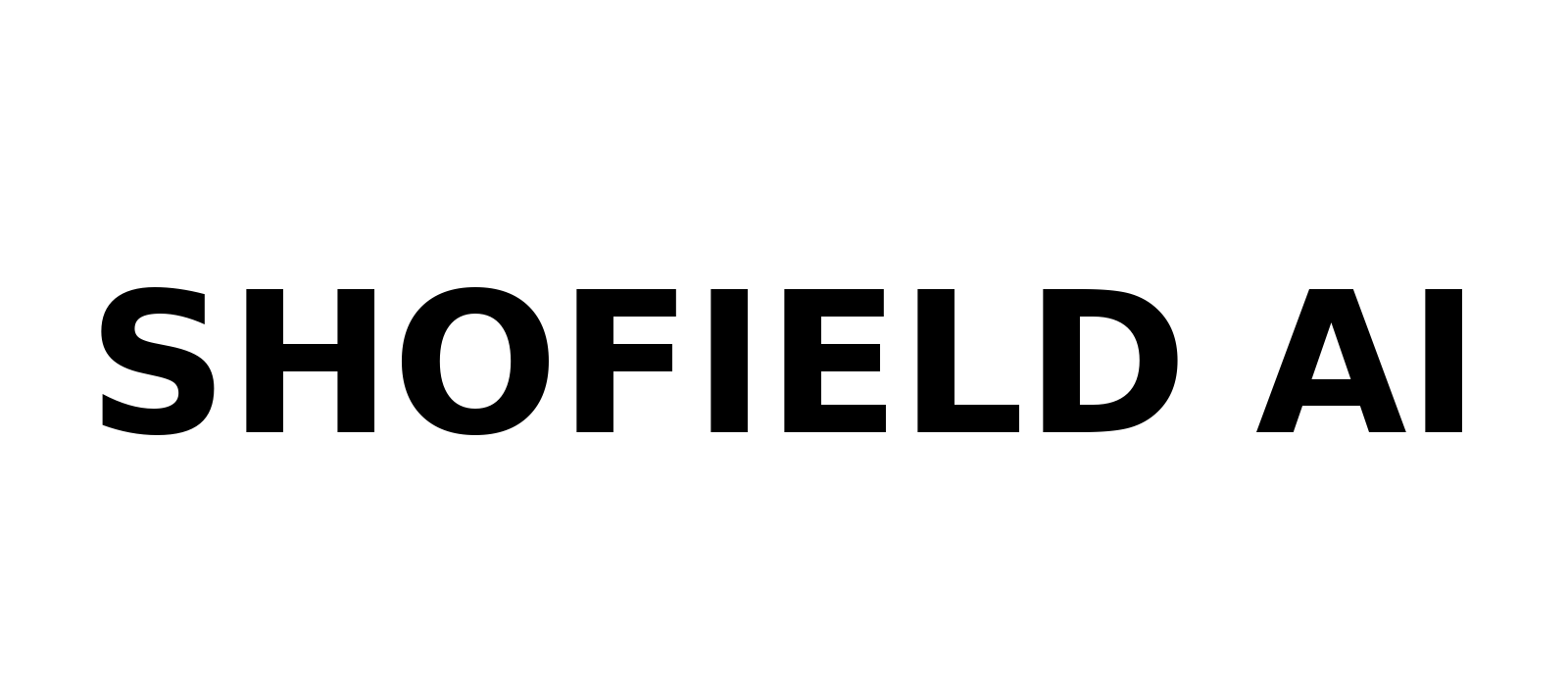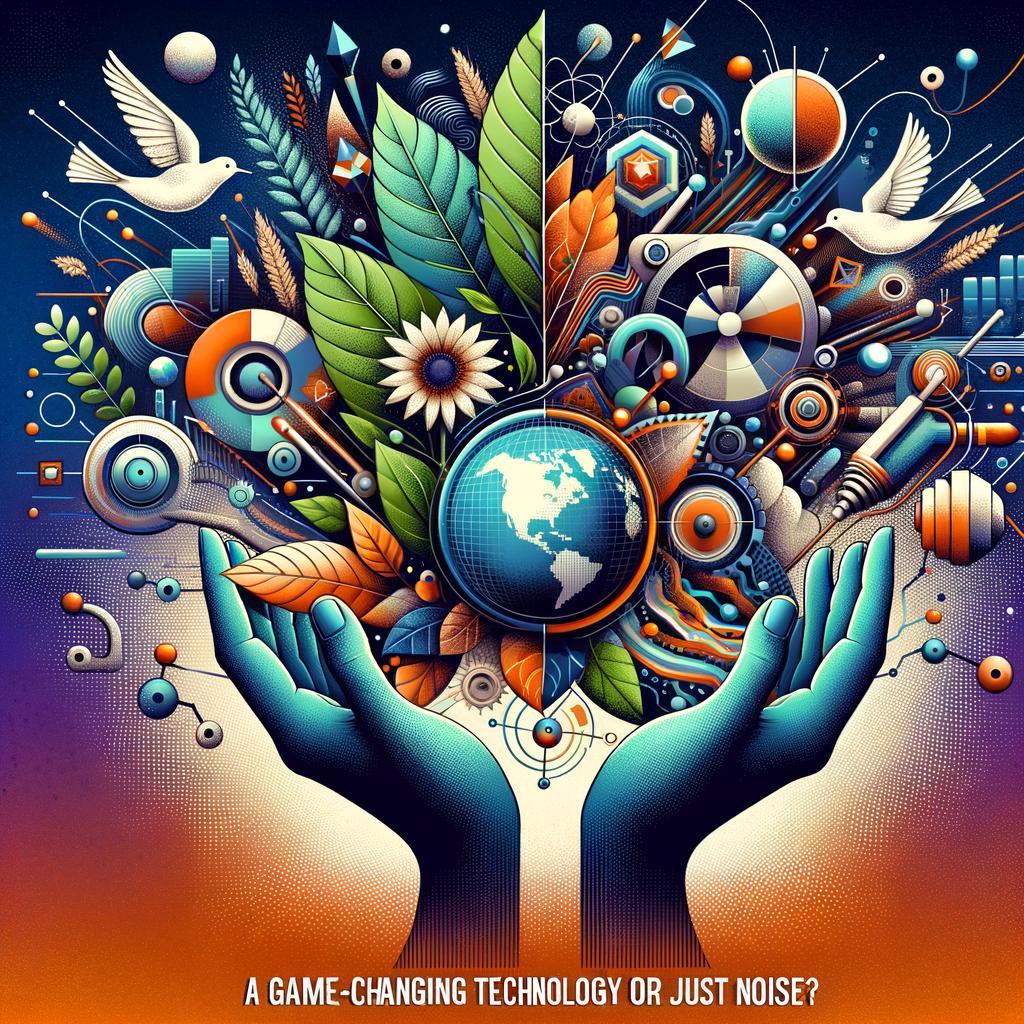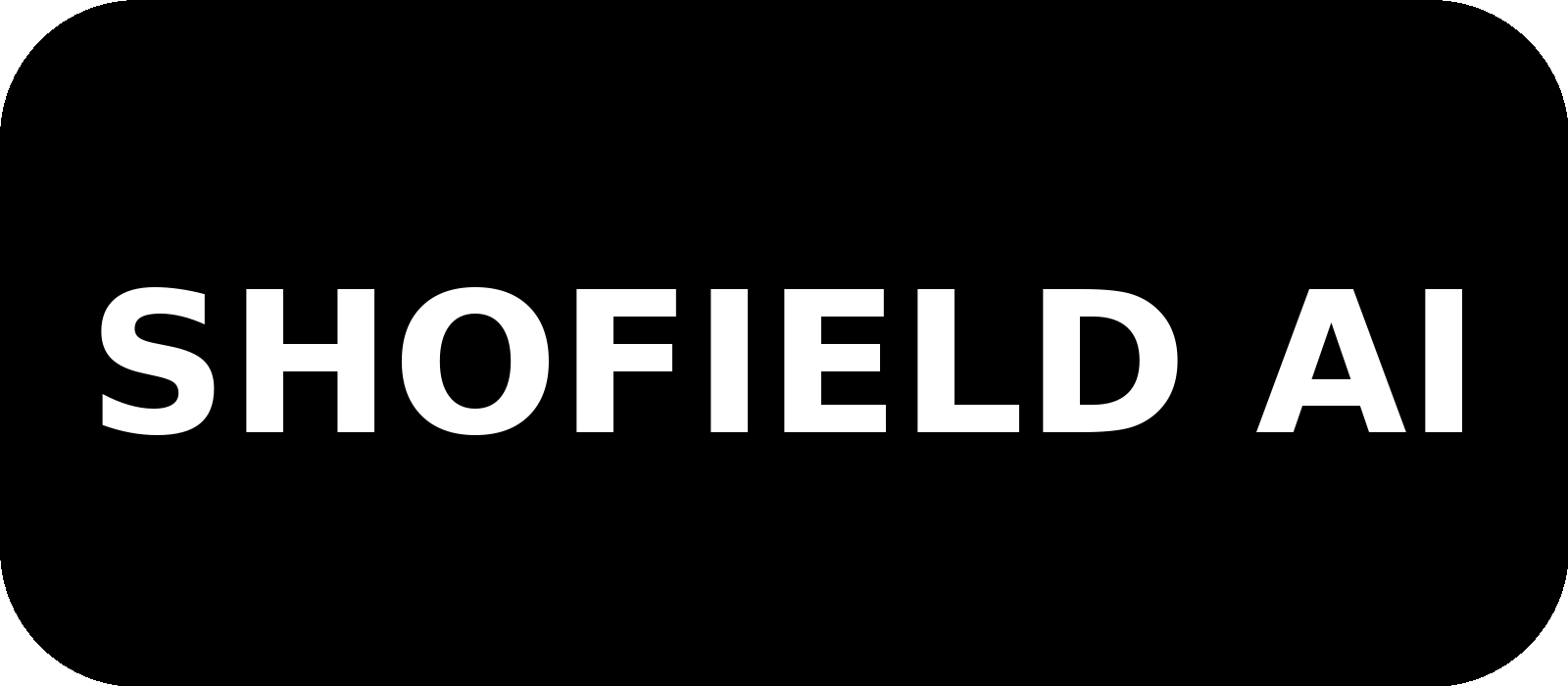Is OpenAI’s New ChatGPT Search a Game-Changer or Just Hype?
In the ever-evolving landscape of artificial intelligence and search technology, OpenAI has once again made headlines with the introduction of its new ChatGPT search feature. What happens when the conversational prowess of ChatGPT meets the dynamic world of real-time web searches? The YouTube video titled “Is OpenAI’s New ChatGPT Search a Game-Changer or Just Hype?” attempts to unravel this intricate question. In this post, we’ll explore the innovative integration of web searches within the ChatGPT interface, a move that positions OpenAI in direct competition with established players like Google and Microsoft. We’ll examine the functionalities showcased during the demo, such as interactive maps and stock charts, and consider the implications of having a real-time search capability that remains ad-free. Is this a monumental shift in how we access information, or just another addition to an already crowded digital toolkit? Join us as we delve deeper into the capabilities and potential of ChatGPT’s latest offering.
Exploring the Integration of Real-Time Search in ChatGPT

OpenAI has integrated real-time web search into ChatGPT, making it a significant upgrade for users seeking current information. Unlike traditional search engines such as Google or Bing, this feature operates seamlessly within ChatGPT’s interface. When a user poses a question that requires up-to-date information, ChatGPT automatically triggers a web search. Users also have the option to initiate a search manually, enhancing the overall usability of the platform. This integration is particularly noteworthy as it helps ChatGPT compete with other AI services like Google Gemini and Microsoft Co-Pilot, which have been incorporating web search functionalities for a while now.
The new search capabilities allow users to retrieve dynamic content such as interactive stock charts and location-based recommendations, significantly enhancing the ChatGPT experience. For example, a search for “Apple stock” produces a detailed chart, upcoming earnings reports, and the latest news—complete with source links for further exploration. Likewise, looking for “Italian restaurants in San Francisco” yields an interactive map with pins marking various establishments. Additionally, ChatGPT is continuously refining its model with newer training data, keeping it relevant despite the influx of real-time search. Notably, the absence of ads in the response is appealing to many users, creating a cleaner, more focused search experience.
Unpacking the Competitive Edge Against Established Search Engines

OpenAI’s latest enhancement to ChatGPT introduces a unique search capability that integrates real-time web results directly into the chat interface, differentiating it from established players like Google and Bing. This feature allows ChatGPT to dynamically trigger web searches when it identifies the need for up-to-date information, streamlining the user experience and making it highly efficient. By providing interactive elements such as stock charts and maps directly in the conversation, it creates a rich, contextual backdrop for users. This functionality marks a significant evolution in conversational AI, making ChatGPT a more compelling choice for users who value integrated, seamless interactions without the clutter of traditional search results.
Moreover, the absence of advertisements in ChatGPT’s search results enhances its appeal, positioning it as a distraction-free alternative to conventional search engines, which often bombard users with sponsored content. OpenAI has proclaimed that they do not currently intend to implement ads within the ChatGPT search function, allowing users to focus solely on content that is relevant and directly answers their queries. This merge of chat and search technology not only elevates the potential for refined user engagement but also places OpenAI in healthy competition with giants like Google’s Gemini and Microsoft’s Copilot, which have both embraced similar integrations. As OpenAI continues to evolve ChatGPT, particularly its search capabilities, we may see a shift in user preferences that redefines how people engage with information online.
Benefit Analysis: Why Users Might Prefer ChatGPT Search

The integration of real-time web search capabilities directly into ChatGPT offers users a seamless and dynamic experience, challenging the traditional search engines like Google and Bing. By automatically triggering web searches when relevant information is needed, ChatGPT enhances the user experience by ensuring that responses are not only accurate but also up-to-date. For instance, users can easily check stock prices or restaurant locations in a matter of seconds, all while remaining in the conversational interface. This convergence of chat and search means that users can refine their inquiries with follow-up questions, generating a more personalized interaction that feels responsive and intuitive. The access to interactive tools such as stock charts and maps adds a layer of functionality that stands to appeal to a wide variety of users looking for both casual and detailed information.
Moreover, the absence of advertisements in ChatGPT’s search results presents a distinct advantage that sets it apart from conventional search engines. As browsing within ChatGPT is free from sponsored content, users can focus on the information that matters most without the distractions typically found on platforms like Google. This clutter-free experience is coupled with the promise of constant updates to the underlying model, enhancing its reliability and effectiveness over time. As OpenAI continually refines the training data and integrates the latest search technologies from partners such as Microsoft, users can expect an evolving and increasingly capable tool that blends conversational AI with immediate access to web-based information.
Future Projections: Enhancements and Ongoing Developments

OpenAI’s integration of real-time web search capabilities into ChatGPT marks a significant step towards creating a more dynamic and responsive AI tool. As this feature continues to develop, users can expect enhanced functionalities, including automatic web searches for up-to-date information when requested queries require it. This functionality aims to improve user experience by delivering relevant content like interactive stock charts and location-based search results, such as maps with restaurant pins, all within a single interface. Unlike traditional search engines, this new approach minimizes the clutter often associated with page advertisements, creating a cleaner and more intuitive search experience.
Looking ahead, it is anticipated that OpenAI will continually refine the underlying technology, leveraging partnerships, particularly with Microsoft, to enhance the performance of ChatGPT’s search capabilities. The ongoing training of the model with fresh data promises to keep the information relevant and timely, outpacing static models reliant on past knowledge cuts. As development progresses, users can expect more intuitive interaction features where follow-up questions can refine search results, potentially making ChatGPT not only a conversational partner but also a powerful tool for information retrieval, rivaling traditional search engines in practicality and ease of use.
In Summary
As we wrap up our exploration of OpenAI’s new ChatGPT Search feature, it’s clear that this integration marks a significant evolution in the way users interact with AI-powered assistance. By combining real-time web search capabilities with the conversational strengths of ChatGPT, OpenAI positions itself as a formidable competitor in the landscape of digital search. The seamless access to live data—from stock updates to local restaurant recommendations—certainly adds a layer of practicality that many users will appreciate.
While initial responses suggest that this is more than just hype, the true measure of its impact will unfold over time. How users choose to engage with this feature, and whether it becomes woven into their daily workflows, will determine its success. In the meantime, thoughts linger on its ability to maintain a no-ads environment—a rare find in today’s search ecosystem.
As you consider whether the ChatGPT Search feature enriches your online experience, we encourage you to keep an eye on future updates and enhancements that OpenAI promises. Perhaps it is indeed a game-changer, or maybe it’s just the next step on a longer journey of innovation. Either way, the conversation has only just begun. Thank you for joining us in this exploration, and we look forward to hearing your thoughts on this exciting new development.






